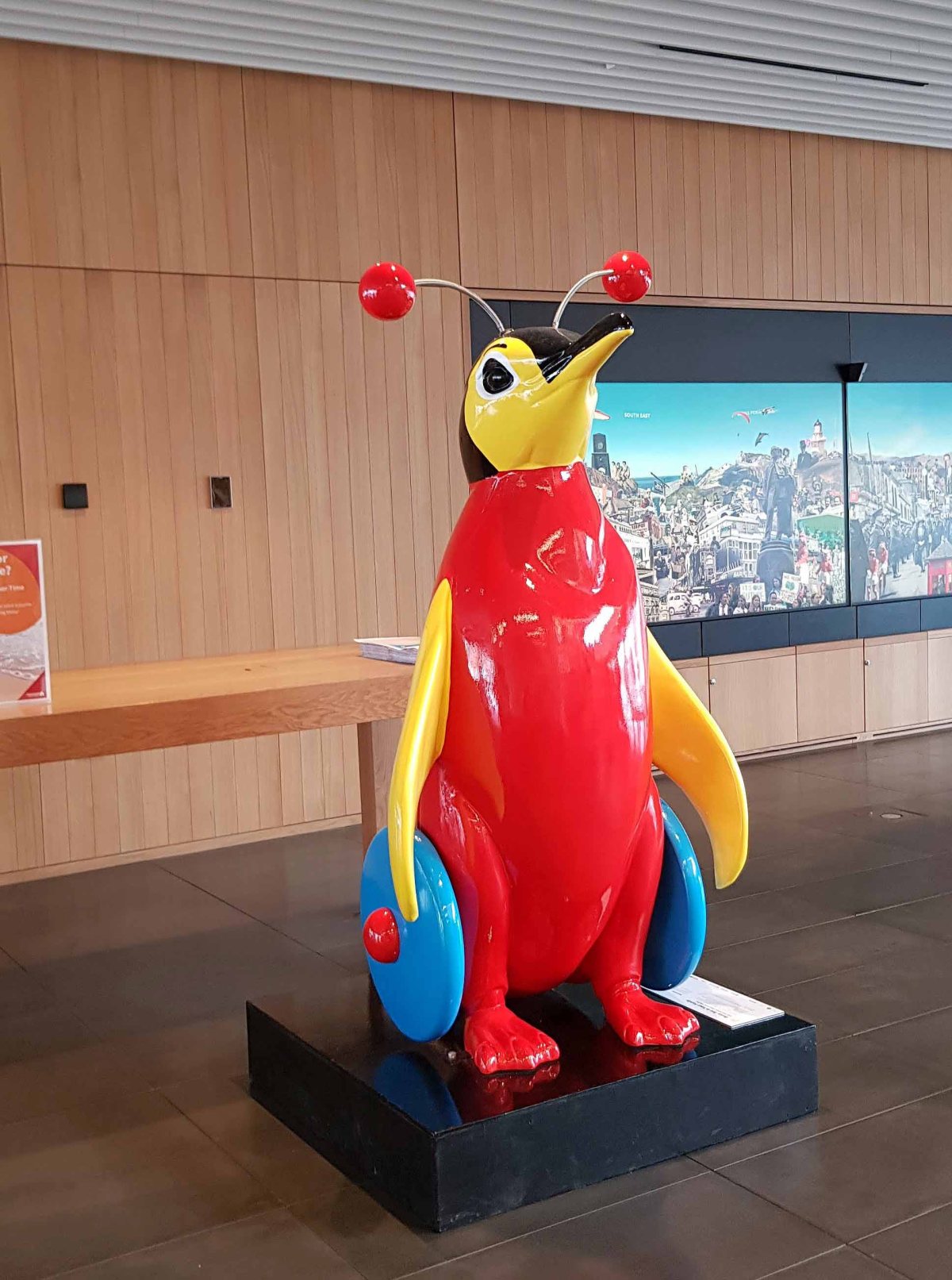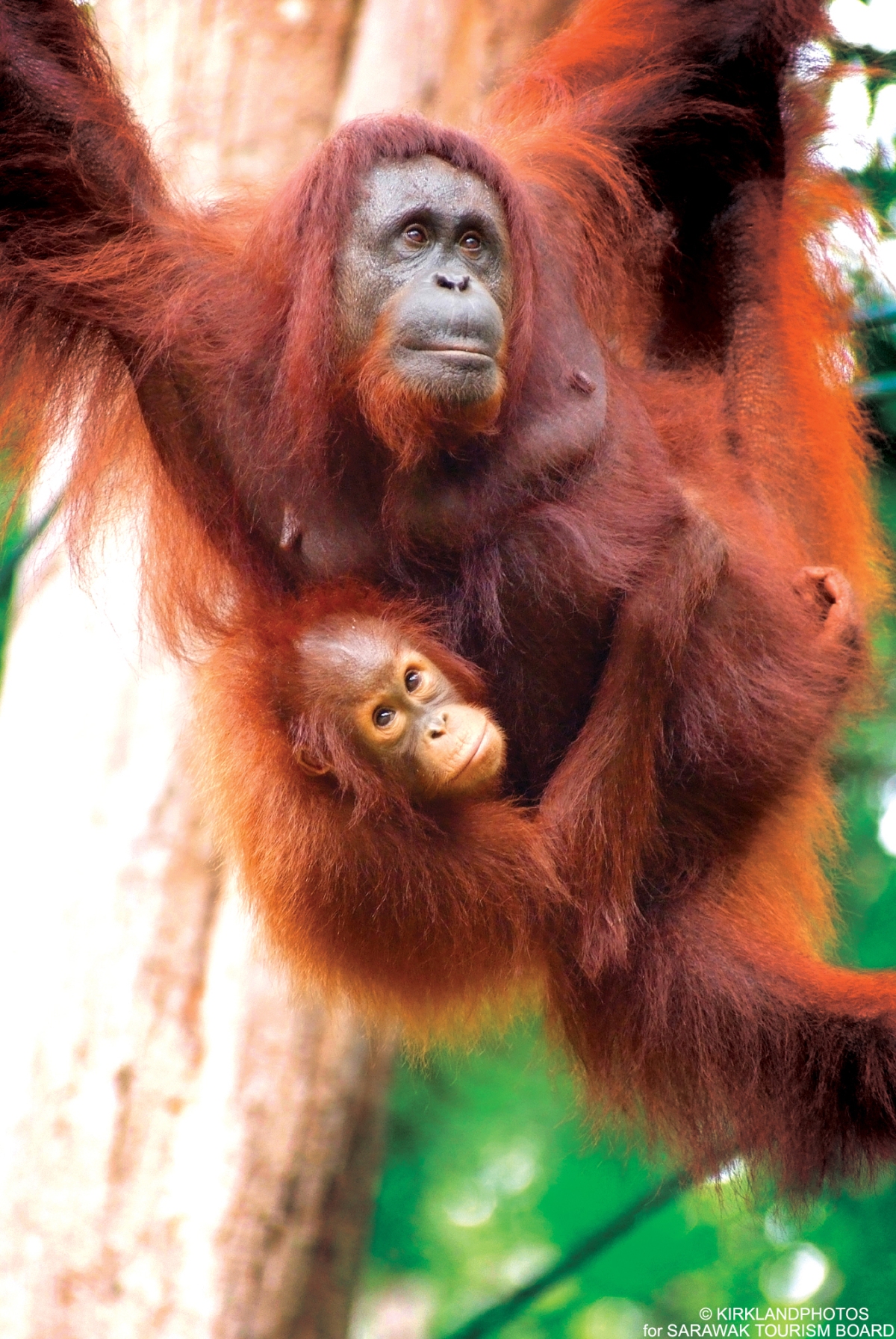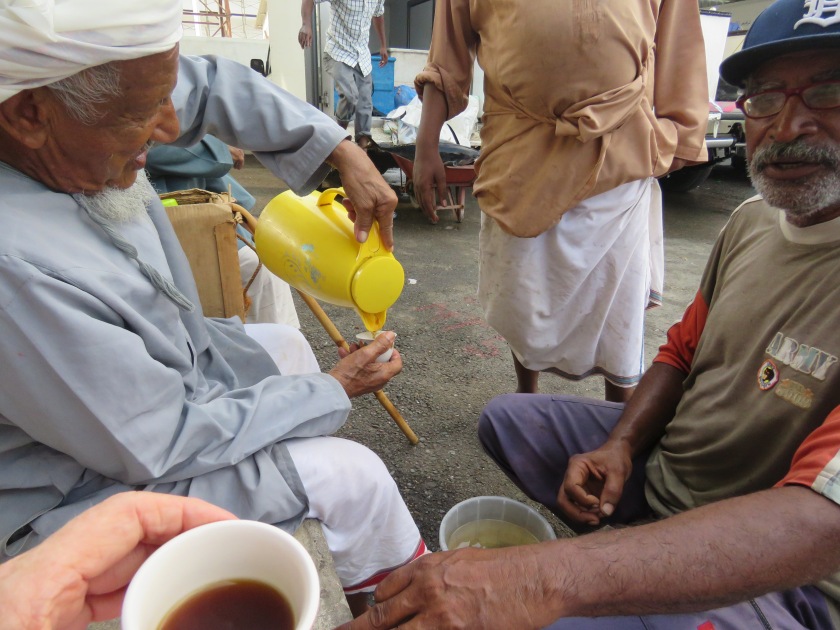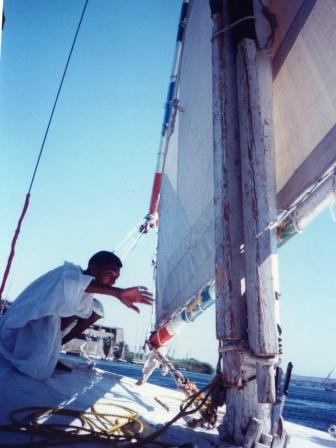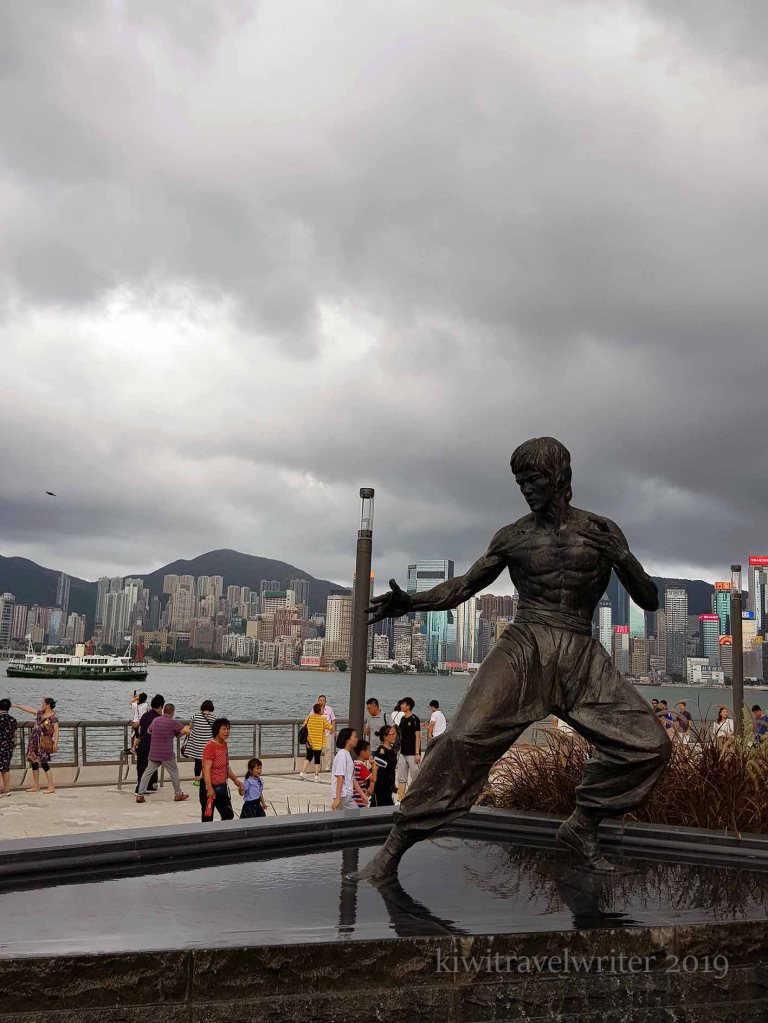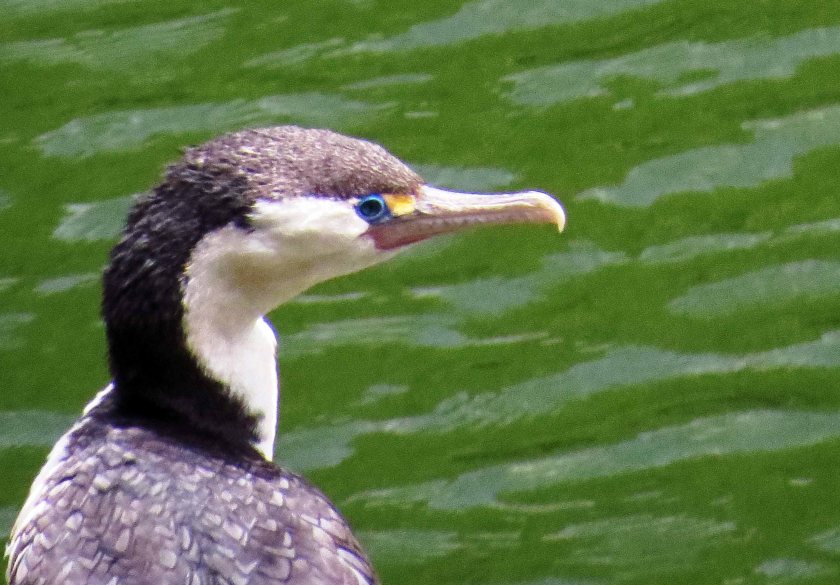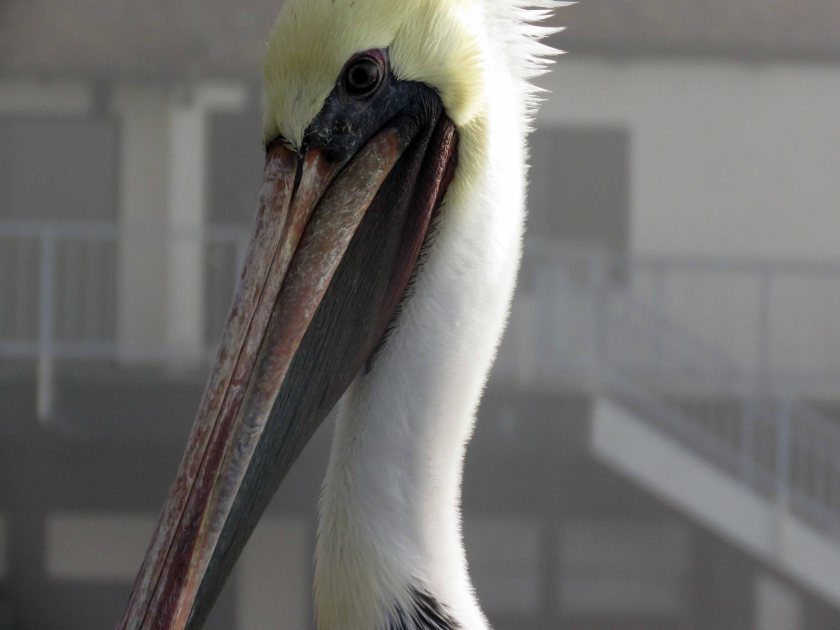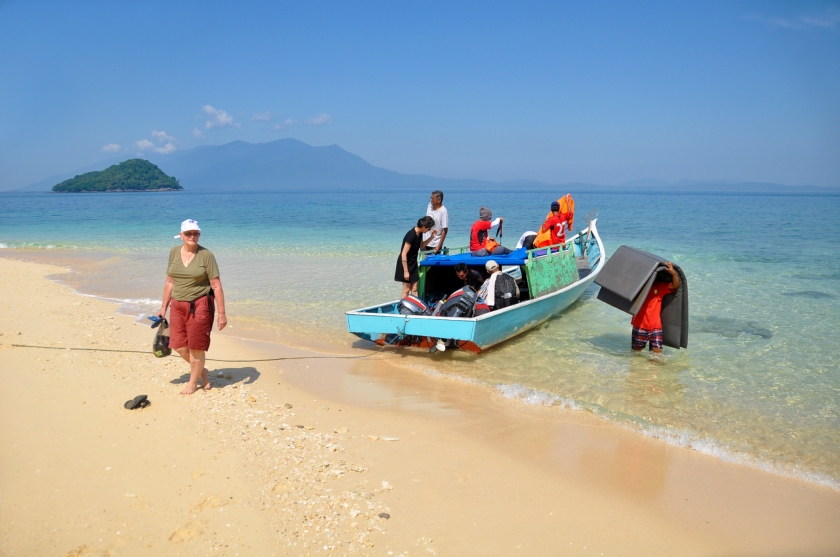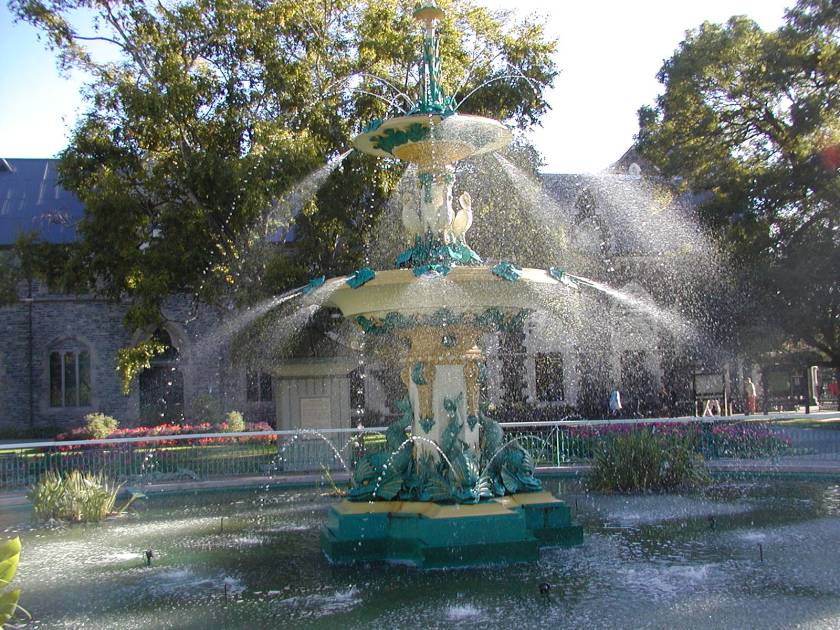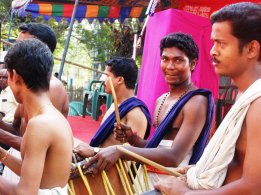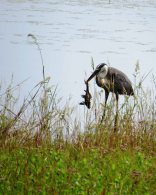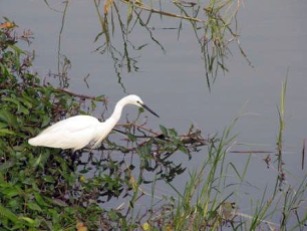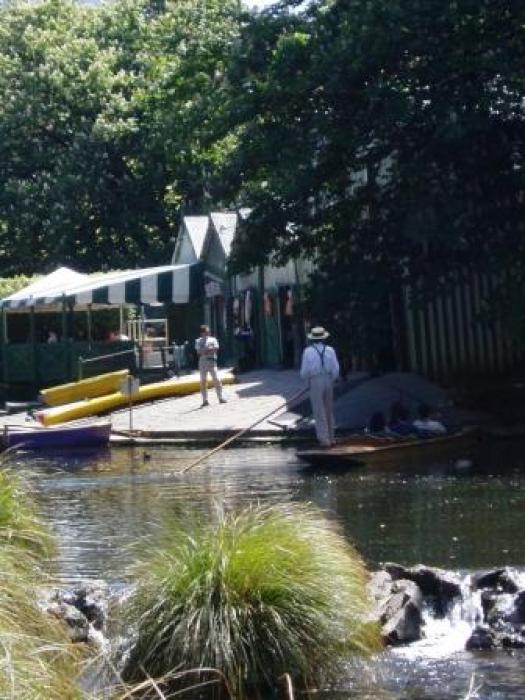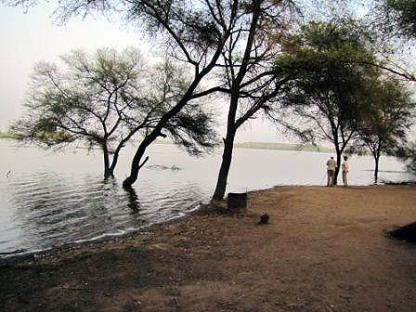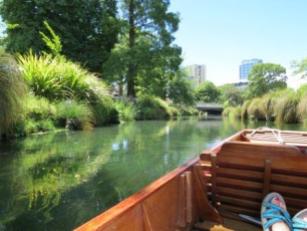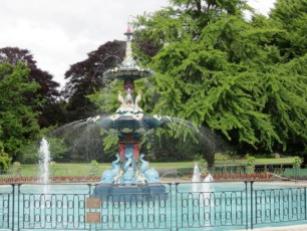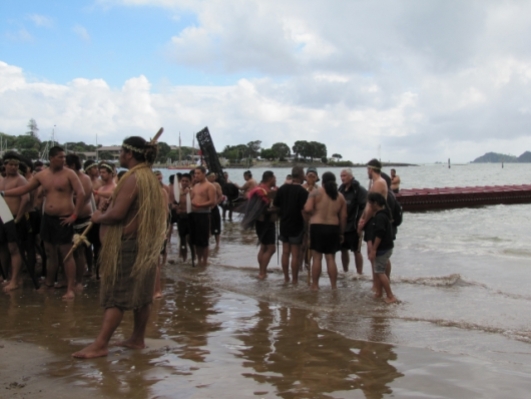When you travel to less developed countries, you might think that just by being there you’re helping give a better quality of life for the locals. Seems you, we, could be wrong.
Just $5 of every $100 you spend stays local and after searching I found the United Nations Environment Programme reference to the negative impacts of tourism here.
NOTE Seems the above UNEP link is broken or has been removed see this one instead about sustainable tourism

Proboscis monkey

kingfisher

Waka play a big role in Waitangi

Chinese Nets – Keral

the author in Haridwar

Southern Alps

Lao-tzu

Wellington, NZ

looking for Manatee in Forida

Heather – the kiwiwtravelwriter

Gujarat

Xiamen

Christchurch
Tourism is one of the most powerful change agents on Earth and we consumers must vote with our wallets and support local people with local businesses.”
I blogged about this issue (first published in a newspaper column) some years ago and reprint it here. I’ve also written a small book on the same topic A Love Letter to Malaysian Borneo – and if you have read it I’d really value a review on Amazon or Goodreads. 🙂
Here’s that column I wrote . . .
What is an eco-tourist? Ecotourism?
Like Asians need rice, Italians love pasta, British their curry, and us Kiwi’s love fish and chips, I need to travel and being a traveller who writes means I get to visit where I want to go to rather than have to go the destination flavour of the month.
This means I’m often in places that are not on the tourist trail. As a slow traveller I can stay longer and get to know people, to absorb the local culture and flavour. This also means that although I don’t always sign up for an eco-tour, I practise many of the principles of ecotourism. But what is ecotourism – a word that’s often thrown around and frequently means nothing.
My understanding of the word and the concepts behind it are that’s it an activity that has minimum impact while providing maximum benefits to the locals.
I believe independent travellers are most likely to be the closest to being real eco travellers. They leave much of their travel money in the country while those who travel on tours often have paid for their whole trip before they leave home – giving very little to the country they are travelling in but adding huge costs – in water, sewerage, rubbish, roads.
Worldwide many places say they are providing an ecotourism experience but is that really so? It seems that as long as it has a nature component many claim it to be eco-friendly. That has not always been my experience.
Life on an Asian marine reserve sounds wonderful right? A great eco experience? Yes the natural sites and walks are fantastic; money spent on food and accommodation does stay with the locals providing it. Unfortunately, the big money is creamed the off the islands in diving lessons given by Europeans who come in for the tourist season then leave, taking the money with them. Because of the lack of a robust infrastructure, the rubbish – that travellers complain about – is bought to the island by them: water bottles are not refilled, plastic bags and straws are left on the beach.
Have travel agents sold us too narrow views of places to visit? Given us a list of sights we ‘must see’ or activities to take part in? This produces problems all over the world with buses arriving in droves, disgorging visitors and fumes to see wonderful pristine or historic sights.
It reminds me of Lake Louise in Banff, Canada, where I too was a body disgorged from a bus to see the great views. I have proof that I was there – a photo of me sitting alone with the lake and mountains as the backdrop – it looks idyllic. However I know that beside me, waiting for their turn to have the moment recorded, is another busload of chattering travellers.
The problems of being poured into these tourist funnels will continue if we rely on unimaginative travel agents (and of course not all are) and the forceful marketing of those who have invested in areas. While it is more economical for planes and hotels to have us arrive together and stay in the same places it also creates problems for them – not the least is the strong chance of killing the goose that lays the golden egg such as the warning in the child’s story.
This is not a new problem. Read books written years ago and the same complaints are made. Tell others you are going to Bali (or Timbuktu) and immediately you will be told “you should have gone there ten (2, 5, 50 years ago,) before it was discovered.”
So, what can we travellers do? I don’t know what you will do – what I do is travel slow, travel cheaply, and use local products when I can.
So, by combining the universal codes of pack it in pack it out and take only photos, leave only footprints, along with getting off the well-worn tourist trails means I’m able to enjoy my travels with a clearer conscience.
Share this with friends & followers

